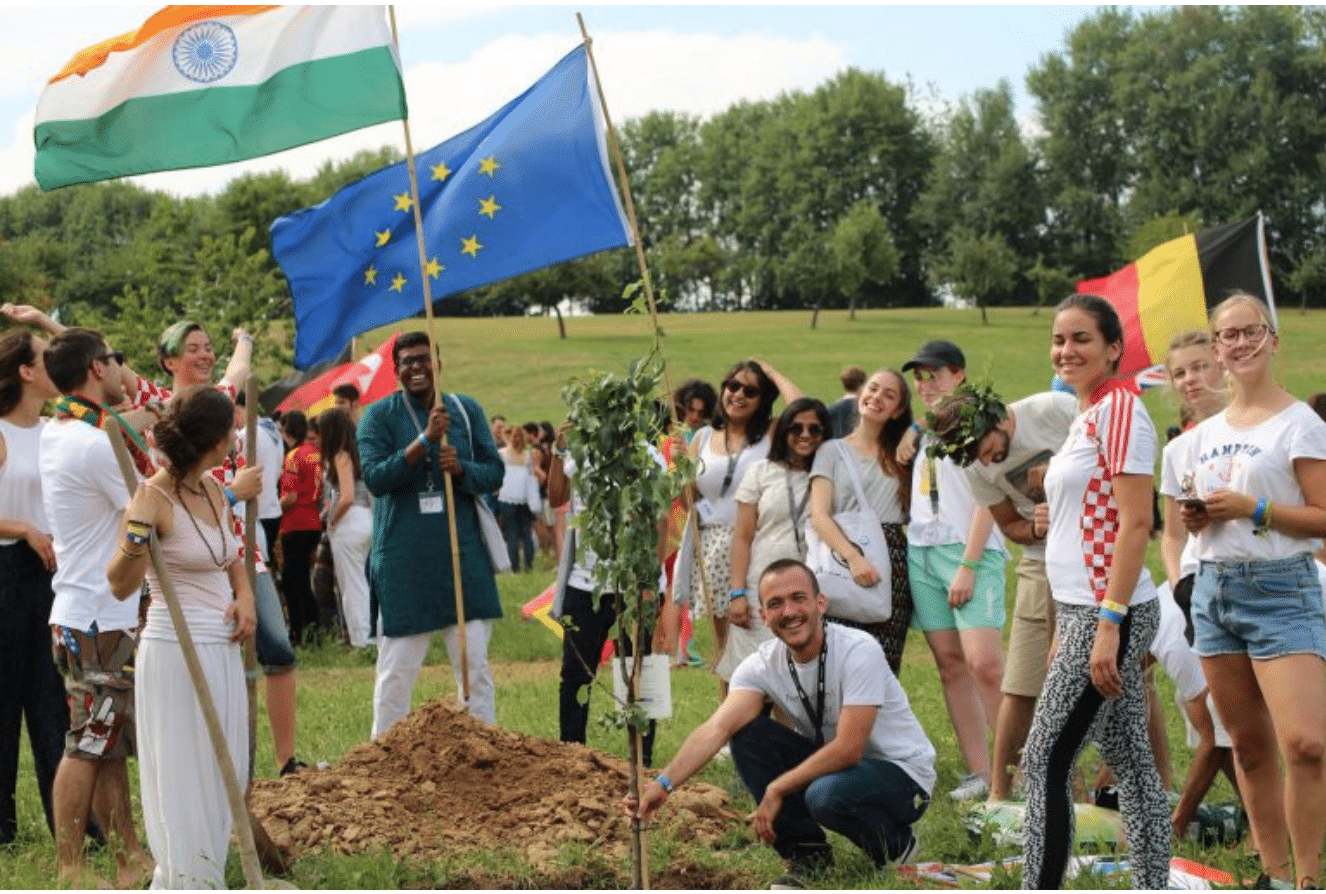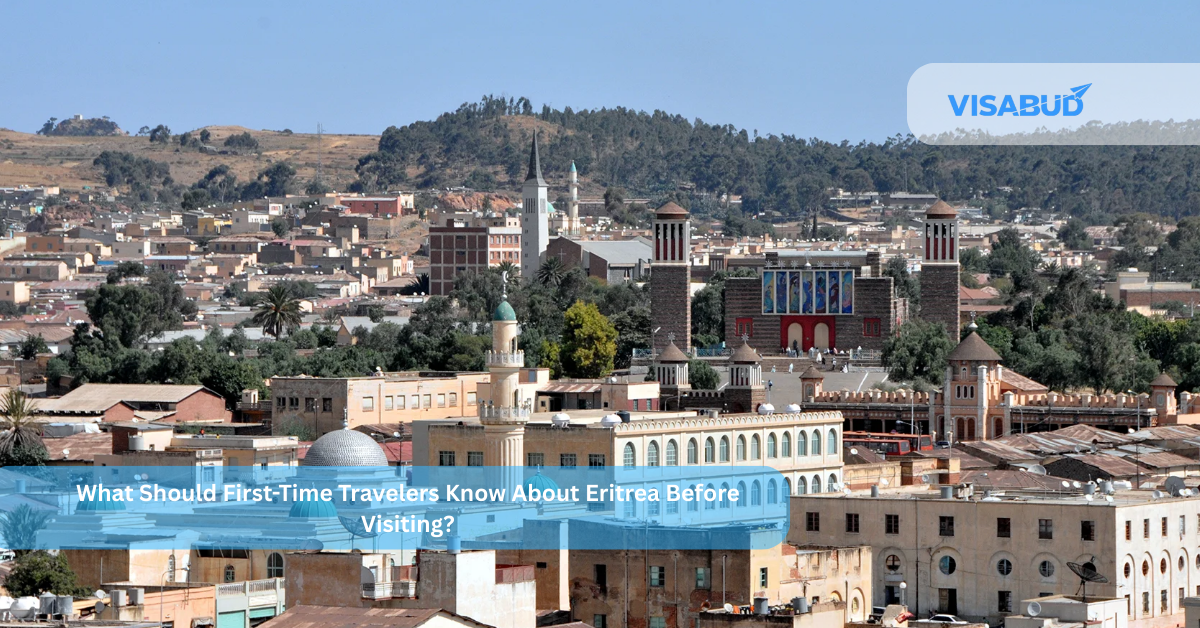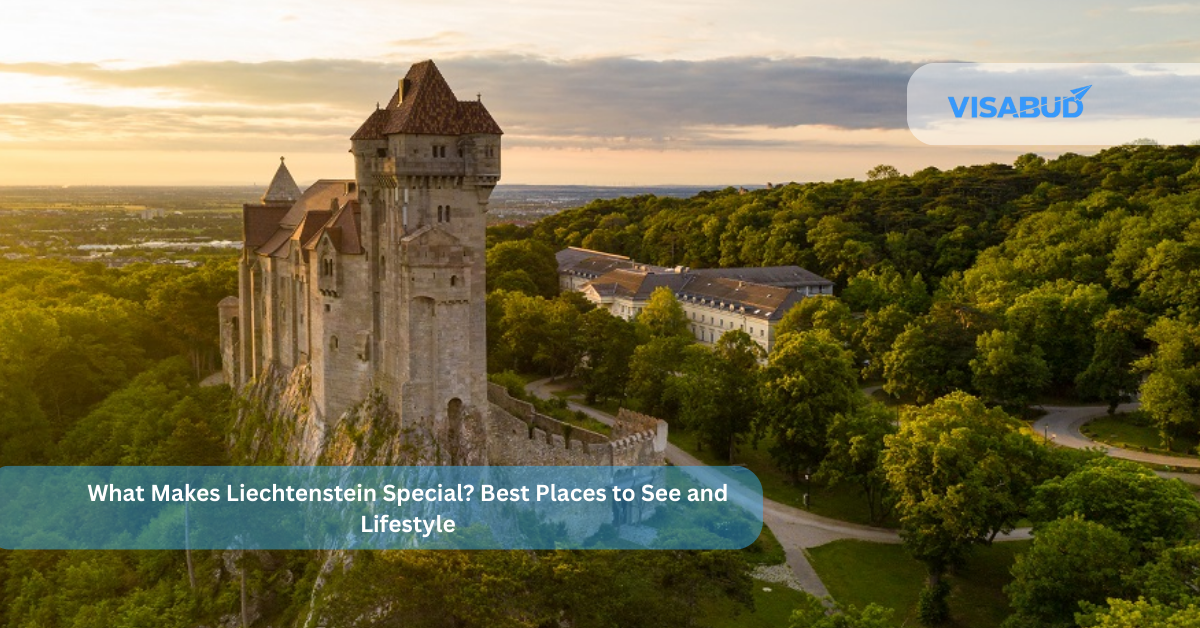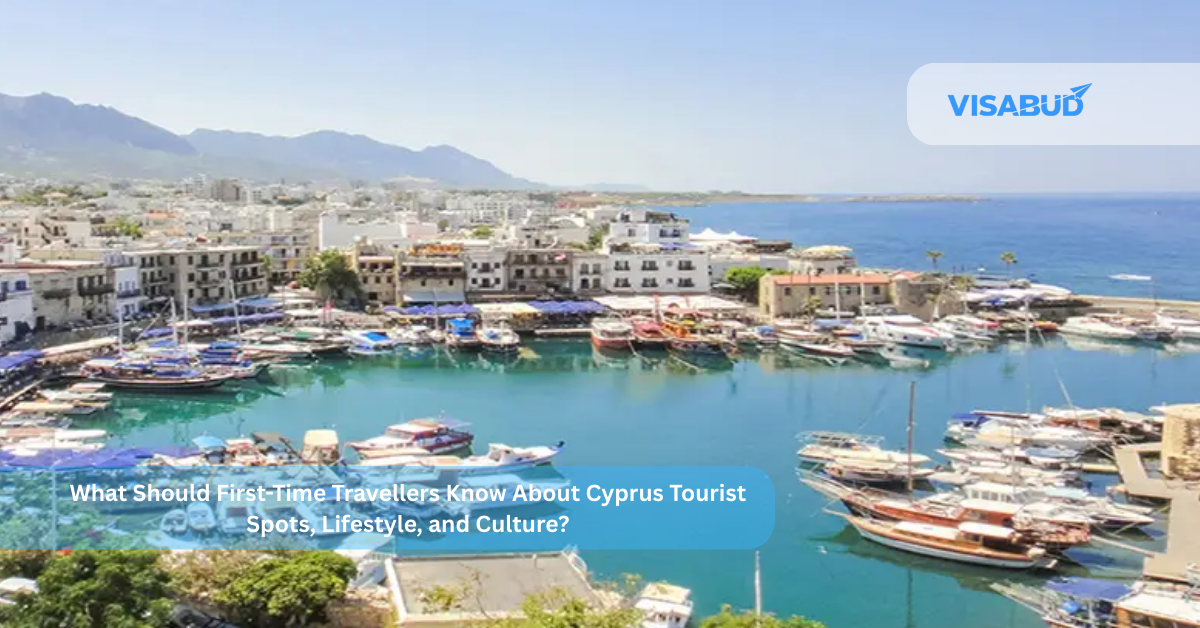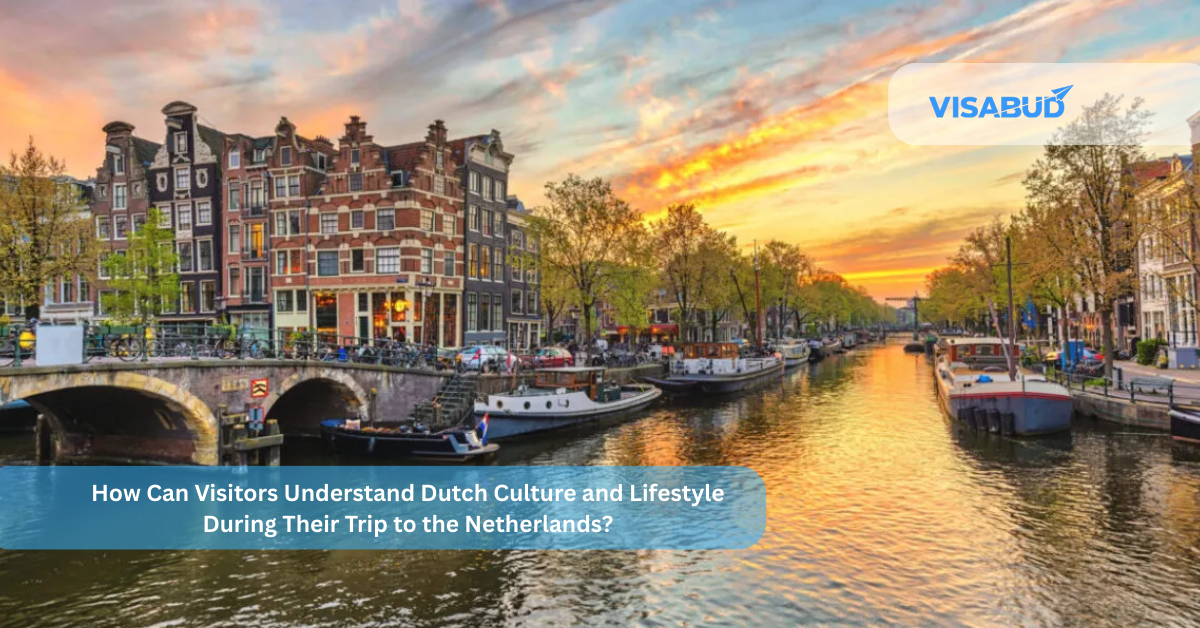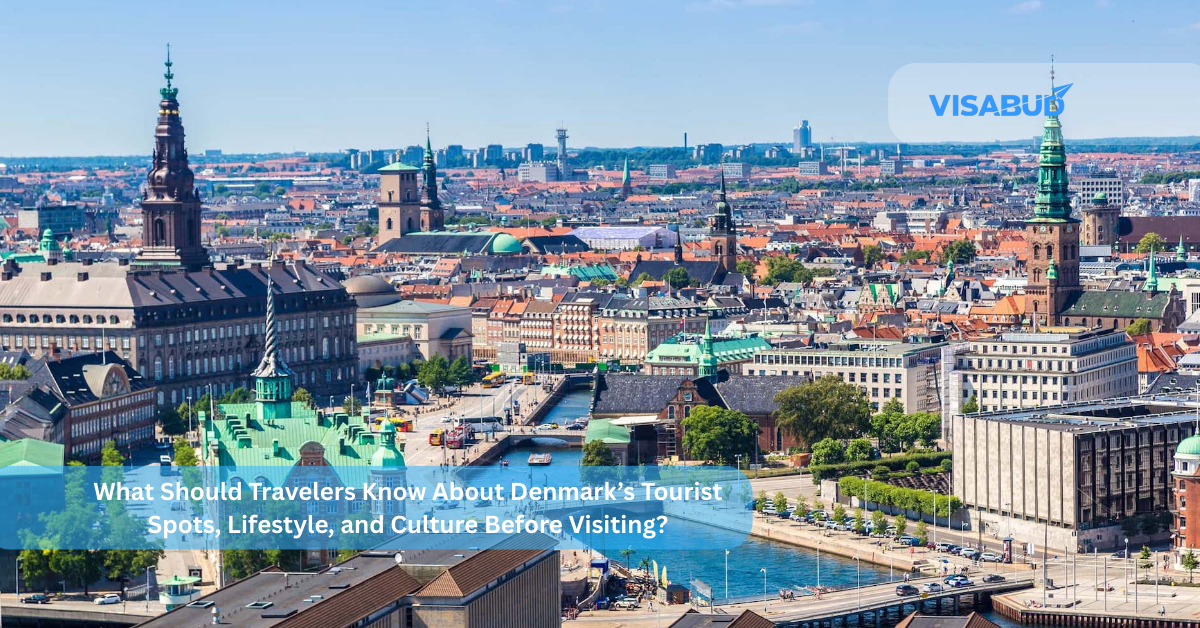Cultural exchange programs have long been hailed as a method through which communities that may otherwise be disparate can connect and foster an international understanding. The immersive process for participants allows for deeply absorbing foreign cultures. Perhaps the personal development and broadened perspective one gains from such an endeavor is truly immeasurable.
While many will immediately think of bustling cities at the mention of cultural exchanges, rural Europe offers up a unique and enriching alternative option. Unlike the urban blaze, rural Europe still glimmers a window into the olden way of life, with customs and practices from yesteryears gasping for breath in between. Ranging from the rolling hills of Tuscany to the more tranquil landscapes of the Scottish Highlands, rural Europe gives us a rare opportunity to connect with its authentic cultural heritage.
These regions are not just picture postcards; they represent living weaves of history, tradition, and community spirit that have remained largely undisturbed by the quick changes in modern society. A cultural exchange to rural Europe presents an incomparable opportunity to become submerged in the local culture and tradition of the daily way of life. Beyond the acquisition of traditional crafts, participation in communal festivals, and contributing with sustainable farming practices, such programs afford a learning experience even beyond observation.
The paper looks at some unique merits of cultural exchange programs in rural Europe. We explore personal and professional benefits of such programs, list the most scenic countryside destinations, and provide a number of tips on how to make the most out of cultural immersion. In the process, participants in rural Europe not only gain valuable insights into a way of life but also contribute toward such priceless cultural heritage.
What Makes Rural Europe an Irresistible Choice for Cultural Exchange Programs?
With cultural exchange, we imagine a city teeming with people, not rural Europe; however, the basis of a more enriching existence for a cultural exchange program would be through rural Europe, if not as real. Here’s why rural Europe should be your next destination for a cultural exchange program: Immersion into traditional European culture.
In rural Europe, traditions are usually better preserved in their most authentic form. From local festivals to centuries-long traditions, rural areas offer a glimpse into real Europe. Through a cultural exchange program, for example, you will be able to see traditional dances, music, food, and crafts up close. Often, the cultural experience also involves more than observation but rather an invitation to participate in them.
Sustainable Tourism and Ethical Travel
Rural Europe advocates for sustainable tourism, an idea that has steadily changed in meaning over the years. By participating in cultural exchange programs, guests bring in added capital to support the local economy and maintain small communities. This form of responsible tourism lends itself to the idea of no harm or degradation to natural resources or cultural traditions but rather supports them and strengthens them.
Nature and Heritage
From the rolling landscapes of Tuscany to the forested heart of Transylvania, the idyllic countryside of Europe is a particular setting for cultural immersion. Indeed, many exchange programs are based in areas full of natural heritage value, which enables participants to appreciate in full both the cultural and environmental aspects.
It’s much easier to make real friendships in smaller, closer communities. People from rural areas are very hospitable and warm which makes the memories of cultural exchange programs in those regions even more invaluable. You could very well leave with life-long friends and an appreciation for European culture that you wouldn’t experience on city-based programs.
Benefits of Cultural Experience Programs in Rural Europe
Rural Cultural Exchange Programs in Europe offer more than exposure to life in a different culture. There are several benefits that such exchange programs offer to individuals which may be long-lasting and pertain to personal, educational, as well as professional aspects. Following are a few key benefits:
1. Improved Interpersonal Communication Skills
Living and working with other cultural people enhance the communication. Either it’s a learned language or any cross-culture varies, these programs assist in making better communicators under any circumstances.
2. Critical Thinking and Problem Solving
Rural living requires a great deal of flexibility and problem-solving. Whether it is farm work, learning certain crafts, or any other activity one may undertake, all these experiences challenge you to think on your feet, adapt to unfamiliar situations, and find creative solutions to everyday problems.
3. Leadership and Teamwork
Teamwork, community service, and sometimes small project management are things the participants have to do when they join programs for cultural exchange. In this way, engaging in such experiences helps to develop leadership qualities within an individual. This you may feel when you lead a group of volunteers for a local event, organize cultural workshops, or participate in sustainable projects.
4. Understanding Cultural Diversity
Rural Europe is a veritable melting pot of ethnic and cultural groups; in the Balkans, the elements of Slavic, Greek, and Ottoman have combined with an intensity while enclaves like the Basque Country continue to sustain separate languages and customs. A student who is part of the cultural exchange program encounters this diversity firsthand and is duly inculcated with the proper realization of exactly how tough a job it can be trying to work out Europe’s cultural puzzle.
5. Personal Growth and Confidence
As you come out of your comfort zone, cultural exposure instills another sense of confidence in you about life. You learn to stay there, survive, and grow there; hence, experience and skills gained through rural landscapes in a cultural exchange program, language learning, or at a snail’s pace of life set and install a kind of confidence in your psyches.
Popular Rural Destinations in Europe for Cultural Exchange Programs
Some of the richest cultural heritages and immersive exchange programs are available in a few selected rural areas across Europe. Below are some destinations that one should not fail to consider upon the desire to enroll in the immersive exchange program.
1. The Scottish Highlands (Scotland)
The Scottish Highlands are of splendid beauty, are full of ancient traditions, and welcome very strong community bonds. Students or ganized into cultural exchange programs for the Highlands could have a very enriching experience through the traditional music, dancing, and folkloric rituals that would be common. The students might even take part in internship programs related to farming, forestry, or nature conservancies. The culture features considerable involvement of residents with the Gaelic language.
2. Tuscany, Italy
The peculiar countryside of Tuscany, with its rolling hills, vineyards, and medieval towns, allows for a different kind of cultural experience. In addition, traditional cooking in Tuscany, wine-making, and even local artistic forms such as fresco painting may be learned by those coming through various exchange programs to this place.
3. The Transylvanian Countryside (Romania)
Transylvanian countryside with its Gothic castles and Dracula legends is usually supposed to be eerie, but quite peaceful, rich in cultural atmosphere. Most exchange programs allow the participant the possibility of becoming involved with sustainable tourism, organic farming, and community-based cultural projects in the region. It is also possible to study Romanian folklore, traditional crafts, and food.
4. Iceland
The Basque Country is a region in the north of Spain known for its peculiar language, customs, and food. The cultural exchange programs currently taking place in rural towns in the Basque Country will put you in the middle of the very peculiar homeland of this region, from traditional sports, such as pelota, to world-renowned Basque gastronomy.
5. The French Countryside (France)
Vineyards, picturesque villages, and centuries of tradition personify rural France. Other aspects of rural cultural exchange are farm work, cookery, and language learning inclusive of participation in local festivals and customs of that area. These are especially sought after in areas like Provence and Normandy by those who dream of an authentic French countryside experience.
How to Select the Best Cultural Exchange Program in Europe’s Countryside
With so many organizations and programs offering cultural exchanges to rural Europe, it is essential to choose the program that will provide the best fit for your needs and goals.
Here are some points of consideration to look out for :
Program Type
In this culturally exchanged program, the span will range from volunteer work to internships, study programs, or homestays. Find out what type of experience you want: either language learning, community service, or professional development.
Duration
Programs can range from somewhere between a notice of a few weeks to several months. Think about how much time you have within which to travel and what you’re looking to get out of your experience.
Cultural Focus
Each region in rural Europe has something different to offer culturally—from traditional farming and artisan crafts to historical heritage. Pick a program that aligns with your interests and things you strive to learn.
Accommodation and Living Arrangements
Some programs arrange homestays, in which participants live with local families, whereas other programs include shared accommodation with participants. Living with a local family will give far better cultural immersion and housing shared with others can be more social and diverse.
Language Requirements
Some proficiency in the local language might be required, depending upon the program. Many programs are meant for those who are in the learning phase of the local language, and language classes can always be arranged along with the exchange.
Tips to make the most of your rural European cultural exchange
Acquire a working knowledge of the local language.
Even if you’re not fluent, learning some basic phrases does much in relationship building and showing respect for the local culture. Sometimes this means a lot to rural communities, and it will add much to your overall experience.
Interact with the Local Community
Do not be afraid to step outside of your comfort zone and engage in local events, festivals, or community projects. The more involved you are, the better the experience will be for you. Open-mindedness and Flexibility
Be Open-Minded and Flexible
Rural life is often less fast-paced and less pre-arranged than in urban settings. Be open to new experiences, be it to wake up at the crack of dawn to help with the farm work or to learn to make traditional dishes. Being flexible and easily blending in will provide maximum experiences within the shortest time possible.
Document Your Experience
Keep a journal, blog, or vlog, where you will write your experience. This way, it will serve not only as a personal keepsake but also as a repository of information you can share with other interested parties upon completion of the program of cultural exchange.
Conclusion
Cultural exchange programs available deep in rural Europe are the most unique opportunity to merge and appreciate the rich cultural diversity in Europe far from urban hustles. These programs offer personal and educational growth accompanied by professional development while they encourage sustainable and ethical travel. Be it the Scottish Highlands, the Basque Country, or rural Tuscany: the experiences gained will be indelible, for both you and the communities with whom you interact.
Need a Visa? Get in Touch with Us Today!
